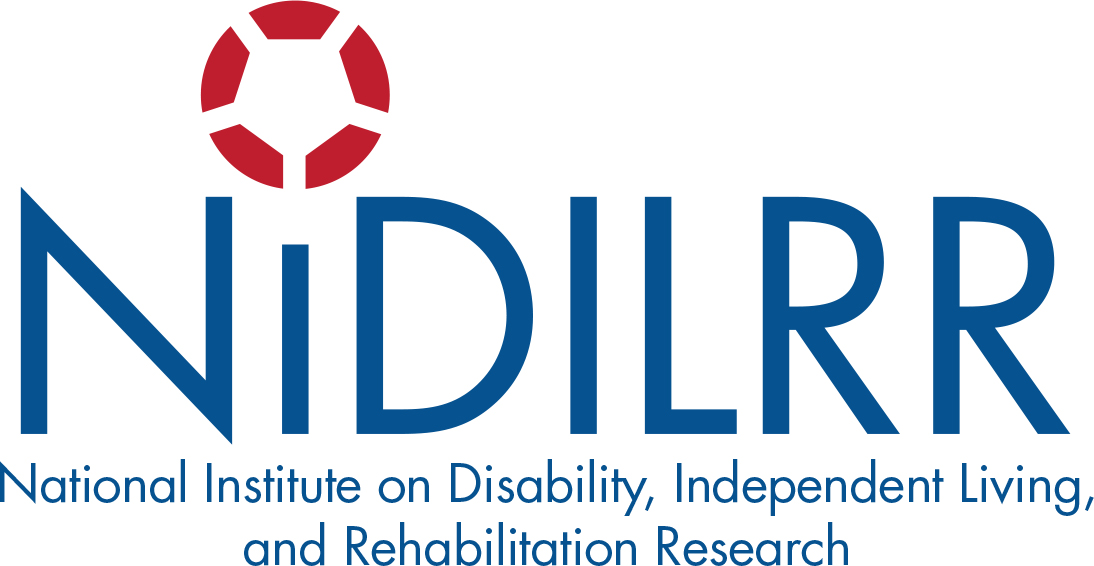No matter whether they are called “Service Animals,” “Assistance Animals,” or any another name, these are animals that have been individually trained to do work or perform tasks for the benefit of an individual with a disability. It is the individual training that distinguishes a Service Animal from other animals under the
Americans with Disabilities Act (ADA).
As of March 15, 2011, only dogs are considered service animals under Titles II and III of the ADA. Businesses and state and local government entities may also allow miniature horses as a reasonable modification, subject to certain limitations. Other animals, either wild or domestic, will then no longer qualify as a service
animal. However, in the workplace, there is no such definition and technically no limit to what type of animal can be a reasonable accommodation.
Do the same rules that apply to a customer bringing their service animal into a store also govern a service animal accompanying an employee to their job?
No. A service animal accompanying an employee to his or her job is viewed as a “reasonable accommodation” under Title I of the ADA, which governs employment.
Thus, an employee must request that the service animal be present as an accommodation for their disability. The employer is obligated to take such requests seriously.
The employee may request, and the business may allow as an accommodation, an animal that does not meet the ADA definition of “service animal”. For example, the employee could request that their comfort animal, which does not meet the ADA definition of “service animal,” be allowed to come to work as an accommodation.
Does the employer automatically have to allow a service animal into the workplace if requested by an employee?
As with any request for an accommodation, the employer may need more extensive medical information regarding the employee’s disability and explaining how the service animal’s presence will relate to his or her ability to perform the duties of the job, in order to evaluate the request.
In general, the employer are expected to grant the accommodation request if: a) the employee’s disability and the service animal’s function are related; b) the service animal will improve the worker’s ability to perform their job; c) the animal has had sufficient training to not be a disruptive presence in the workplace; and d) the accommodation does not present an undue hardship.
What if the service animal is needed only to support the employee’s travel to and from work, and is not needed to perform the job?
In such a case, the accommodation request would be to identify a safe and acceptable space for the service animal during the workday, and for sufficient flexibility and time to care for the animal’s needs.
If the disability is not obvious, the employer could still require information about the employee’s disability, how the service animal’s function is related to the disability, and assurance that the animal has had sufficient training not to become a disruptive presence.
Who is responsible for taking care of and monitoring the service animal at work?
The employee is responsible for the care and monitoring of the animal. The employer, however, may need to make accommodations that allow the employee to attend to necessary tasks, such as taking the animal outside to relieve itself.
It is important that the employee and employer discuss the details of how the service animal will be monitored and cared for during the workday, prior to initiating the accommodation.
Is the employer responsible for creating a relief area for the service animal?
While the ADA and Equal Employment Opportunity Commission (EEOC) do not specifically require the creation of a relief area, finding a suitable solution is critical to making a service animal accommodation feasible. A relief area need not be a grass strip; service animals can be trained to use an area that is paved – such as
an alley – or other out of the way locations. The employee with the service animal is responsible for cleaning up after the animal.
Some individuals are allergic to dogs. How can we deal with that?
May an employer limit where a service animal is allowed to go in the workplace?
For more information about service animals:
For more information about the ADA:
 The Northwest ADA Center is a member of the ADA National Network. This fact sheet was developed under grant from the Administration for Community Living (ACL), NIDILRR grant #90DP0016-02-00. However, the contents do not necessarily represent the policy of the ACL, and you should not assume endorsement by the federal government.
The Northwest ADA Center is a member of the ADA National Network. This fact sheet was developed under grant from the Administration for Community Living (ACL), NIDILRR grant #90DP0016-02-00. However, the contents do not necessarily represent the policy of the ACL, and you should not assume endorsement by the federal government.
